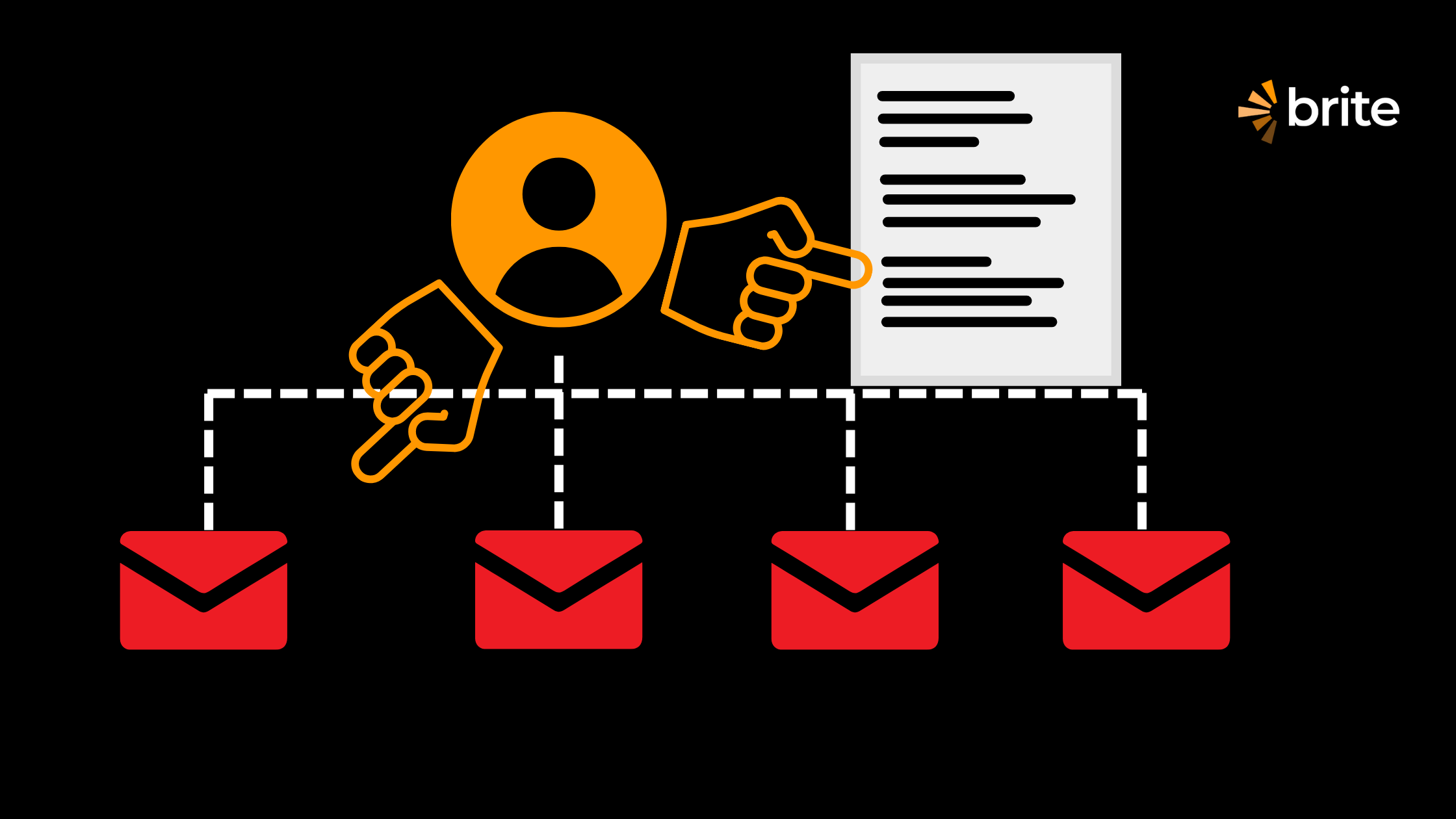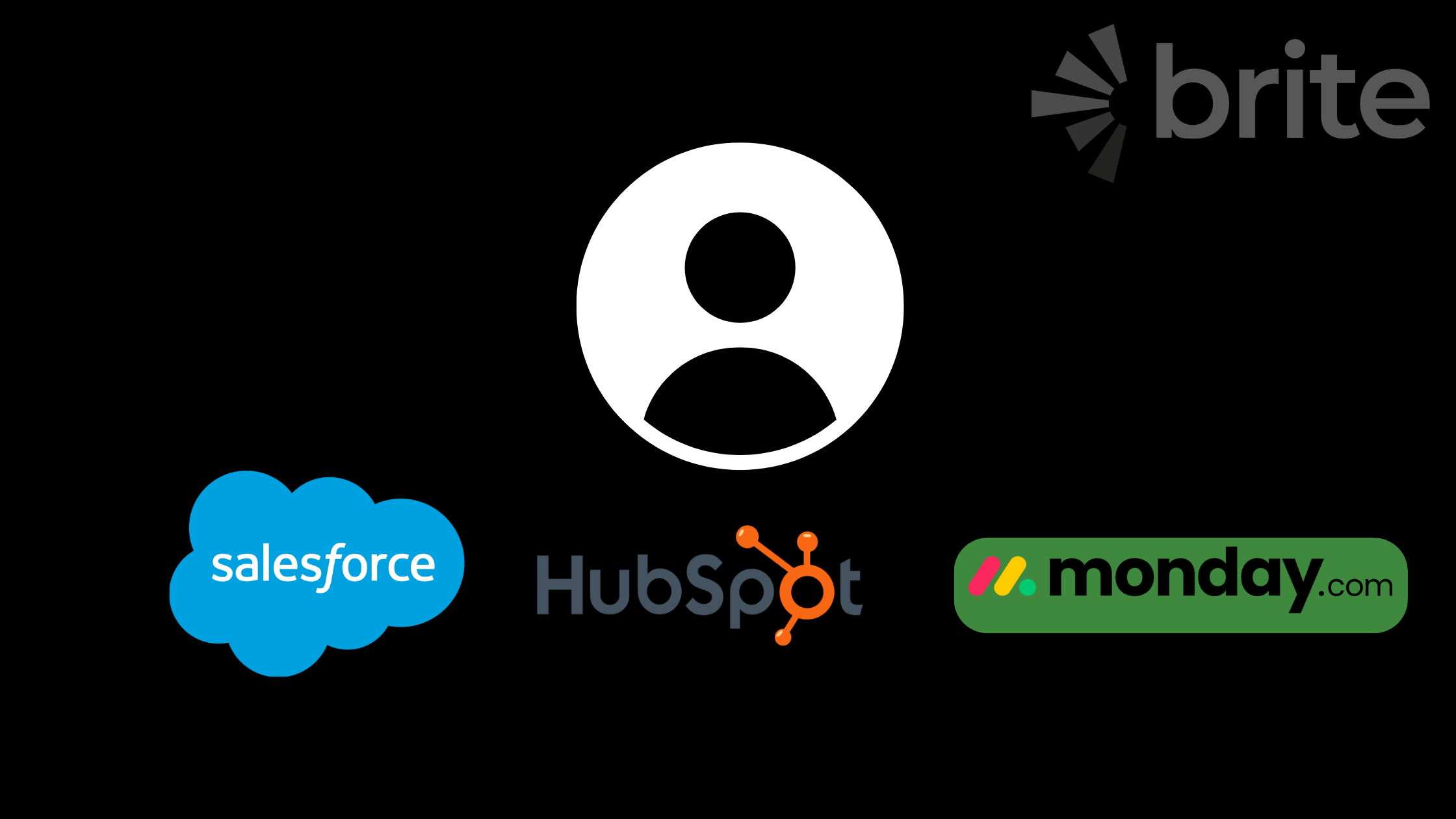
Today, growth marketing is probably the gold medal winner for the most-repeated phrase at marketing team standups that few teams clearly understand.
Go to any public job board and you’ll find dozens of growth marketer positions in all sorts of industries. Most of them will require individuals with seemingly drastically different skillsets.
You might see a growth marketer position require applicants to manage an SEO keyword strategy. The next position might request something as large and broad as owning the entire revenue engine from idea to execution. Another position might ask the growth marketer to be skilled in working with influencers.
How can all of these skills fall under one umbrella? Should they?
At Brite, we specialize in helping businesses hire highly-skilled, remote, growth marketing professionals around the world. To help contribute our expertise to the space, we’ve decided to lay down a definitive guide to answer:
- What is a growth marketer?
- What skills should a growth marketer have?
- How to interview growth marketers
- And where to hire growth marketers
Let’s get started.
What Does Growth Marketing Actually Mean?
Growth marketing is a process of identifying and then acting on repeatable processes to grow a business, measured by previously defined metrics.
These defined metrics are often called north star metrics. They can be any metric that you’ve decided internally will determine platform growth.
Airbnb, for example, famously used nights booked as its north star metric. For a long time, they achieved this growth metric by responding to “looking for a room for the night” ads on Craigslist.
Dropbox's email referral program is another classic example of growth marketing at its finest. Launched in 2009, the program rewarded existing users with extra storage space for every friend they referred who signed up for Dropbox. Dropbox's user base skyrocketed from 100,000 to over 4 million in just 15 months.
How Was Growth Marketing Created?
According to most sources online, growth marketing was more or less the natural iteration of marketing in the digital age. It materialized as tech companies searched to leverage the growing interconnectivity of the internet to spur growth.
Accomplished growth marketer and member of the famous growth marketer collective, Growth Hackers, Guarav Vohra, writes in his blog The Rise of the Growth Founder that Facebook was running a highly successful growth team (and one of the first teams to be defined as such) as early as 2007 under Chamath Palihapitiya. During Chamath’s tenure, Facebook would grow to 1 billion users in four years.
Guarav links a presentation Chamath made to Growth Hackers on YouTube as his source. We watched it so you don’t have to. To summarize Chamath’s main lessons for growing Facebook:
- They tried a lot of different ways to grow Facebook quickly
- They found a couple that worked
- They repeated the ones that worked over and over again
Furthermore, Chamath says he had the Facebook team specifically focus on:
- How to get customers in the door
- How to get them to say “a-ha” as quickly as possible
- How to get them using the product as quickly as possible
Chamath even goes on to say in this talk that he learned his growth framework from one of his employees who’d previously worked at eBay prior to 2007. This gives more evidence that modern growth marketing tactics emerged quite close to the turn of the century.
Other notable early advocates of growth marketing include Andrew Chen of Andreessen Horowitz. He wrote a popular blog defining growth marketing and how it works in a team setting.
Growth Hacking (a related term that often has been used interchangeably) was later coined by Sean Ellis in 2010. This is seen as a more extreme form of growth marketing that works on exploiting systems to achieve much faster growth than normal.
This is a woefully short genealogy of growth marketing, but we hope that it helps clarify a bit of what exactly growth marketers are supposed to accomplish.
What Does a Growth Marketer Do?
So if growth marketing is basically a mindset created for growing businesses in the internet age, what should a growth marketer do? Should they magically be able to show up at your business and know how to grow it?
As you might have guessed, the true answer is more complicated.
As we mentioned earlier, growth marketers may be expected to perform or oversee a wide range of marketing activities to accomplish the same goals at different businesses.
Growth marketing is ultimately a skill similar to RevOps or GTM strategy performed by people who are good at:
- Experimenting with new ways of communicating with customers
- Quickly testing and assessing each new channel for viability
- Scaling up a team and process for every channel that functions
- Overseeing processes
- Tying together the numbers to business growth
Ideally, growth marketers have extensive experience in some part or parts of the marketing process, whether that be:
- Paid ads
- SEO
- Social media marketing
- Creating referral programs
- Or email marketing
But it’s not enough to simply be skilled at a handful of these tasks. Growth marketers need to be able to think about the big picture and manage others running these tasks as well. They also need to be able to A/B test strategies and pivot into new ones as needed.
On his LinkedIn, Brite’s CEO, Anil Yasyerli once shared his team’s growth marketing strategy while building a house-sharing application, Pad Split. As head of marketing, Anil first tried to create a growth strategy around fulfilling housing requests on Craigslist just like Airbnb back in the early 2010s. However, almost a decade later, Craigslist moderators were sensitive to these types of growth strategies and would regularly delete post,s making it an unscalable solution.
The growth path that PadSplit eventually had to follow ended up being classic SEO and online ads. PadSplit was able to grow successfully because Anil experimented with a couple different methods and pivoted quickly into the ones that worked best for the business.
Who Should Growth Marketers Report To?
There are really only two positions that growth marketers should report to:
- The CEO – In a growing business, you’ll want a marketer who can get their hands dirty and do the marketing and analytics for you. At Brite, we even suggest hiring for this position before you hire a CMO. Often, they make for good CMOs down the line.
- The CMO – Once your business has scaled, you may want to keep growth below the CMO but in an elevated position that communicates frequently with the people at the top of the marketing department.
What are Some Common Growth Marketing Interview Questions?
Growth marketer interview questions should generally be high-level and should touch on previous experiences they’ve had growing previous businesses. If they’ve never been on a growth team before or grown their own business, then they quite frankly likely won’t make great growth marketers.
Basic growth marketer interview questions:
- “Walk me through how you’d approach growing a product with no existing traction.”
- “How do you decide which growth experiments to run?”
- “How do you balance short-term wins vs. long-term growth initiatives?”
- “What metrics do you care about at each stage of the funnel?”
Analytical growth marketer interview questions:
- “How would you calculate CAC and LTV for a subscription product?”
- “What tools have you used for tracking, analytics, and attribution?”
- “How would you troubleshoot a sudden drop in conversion rate?”
- “How do you evaluate whether a campaign was successful?”
Execution-based growth marketer interview questions:
- “What’s the most successful growth campaign you’ve ever run?”
- “Which acquisition channels have you worked with? Which ones worked best and why?”
- “How do you segment and personalize emails?”
Growth Marketer Interview Red Flags
Growth marketers, first and foremost, must have experience in marketing. If all of their experience is theoretical, then they are a junior marketer, not a growth marketer.
A couple more things to look out for:
- An emphasis on “growth hacks” or cheap tricks to gain traffic, but they seem to lack repeatability. A prime example is black hat SEO techniques.
- Has difficulty tying back their activities to growth metrics – this is, after all, the point of growth marketing
- All experience is in paid marketing – These methods can work OR bankrupt your business. Generally, you’ll want someone who can think outside of spending money to make money.
- Lack of curiosity – If the candidate isn’t already trying to learn more about your clients during the interview, then they likely lack the curiosity to excel in this position.
What Skills Should a Growth Marketer Have?
At very least, growth marketers should have a basic proficiency in:
- Copy/UX
- Analytics
- Social media prowess
- Email marketing
- Running online ads
More specifically:
- Ability to analyze user behavior, campaign performance, and funnel metrics
- Designing and interpreting statistically valid experiments
- Querying databases to extract user, campaign, or revenue data
- Managing and optimizing Facebook/Instagram Ads, Google Ads, LinkedIn, TikTok, etc.
- Keyword research and content optimization
- Understanding of on-page/off-page SEO and technical SEO basics
- Building and testing landing pages, headlines, CTAs
- Basic copywriting principles for writing compelling, testable copy for ads, landing pages, and emails
- Ability to critique or mock up ads/landing pages
Common Growth Marketing Tools
Some general tools you should look for proficiency in from growth marketer hires. Not everything on this list needs to be represented
- Analytics tools like Google Analytics, Amplitude, Mixpanel, Hotjar
- A/B testing platforms like Optimizely, VWO, or LaunchDarkly
- Automation platforms such as HubSpot, Customer.io, or Klaviyo
- Basic design tools like Figma, Canva, etc.
- No-code/low-code tools like Webflow, Zapier, and Airtable for faster iteration
What is a Normal Growth Marketing Specialist Salary?
In the US, an experienced growth marketer is easily able to demand between $70,000 and $110,000 per year ,depending on location. You are, after all, competing with Silicon Valley salaries for many of these positions.
However, just because growth marketers are expensive in the US doesn’t mean you can’t find an affordable option for your growing business.
In a country like Argentina, you can see mid-level growth marketers working for as little as $1,200 per month ($14,400/year) and up to $30,000 a year. At the upper end, this is an extremely competitive salary in the country.
If you’re running a remote business. What’s stopping you from tapping talent like this to keep pace with more heavily funded competitors?
We created Brite to help founders and CMOs with budget constraints to source experienced marketing talent around the world. Talent that can help your business grow explosively.
Want to learn more? Feel free to fill out our contact form; we’d love to help you grow your business or at least set you on the right path.






